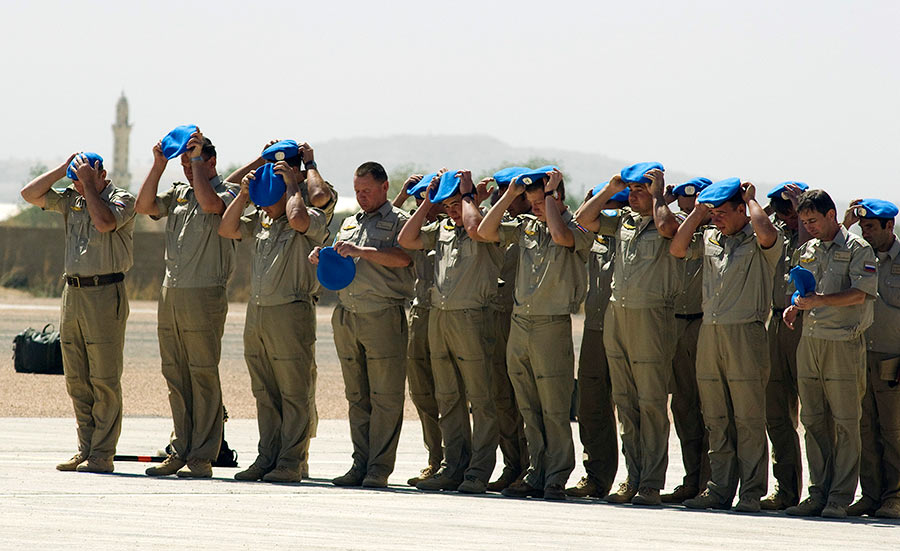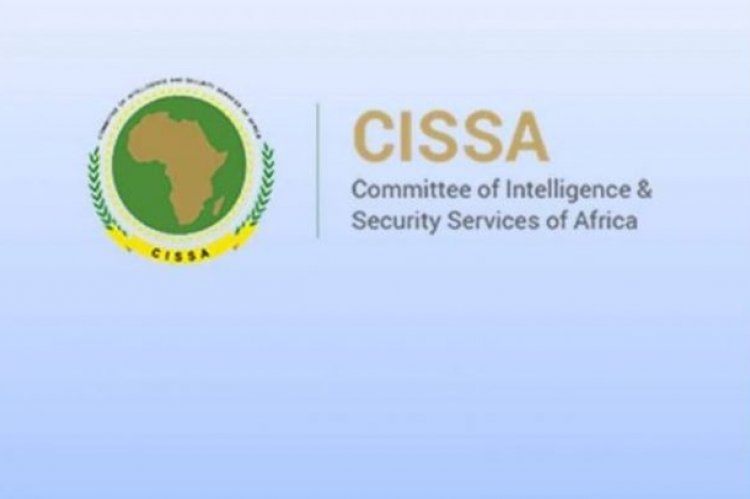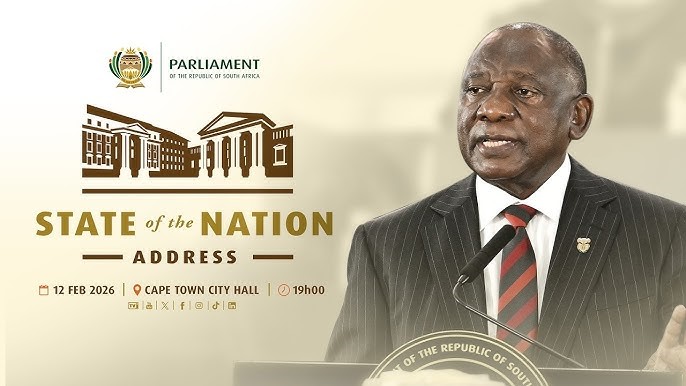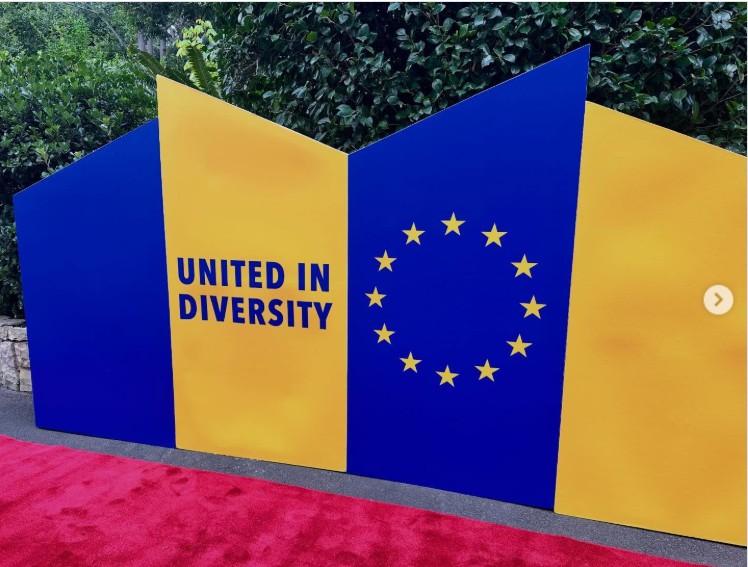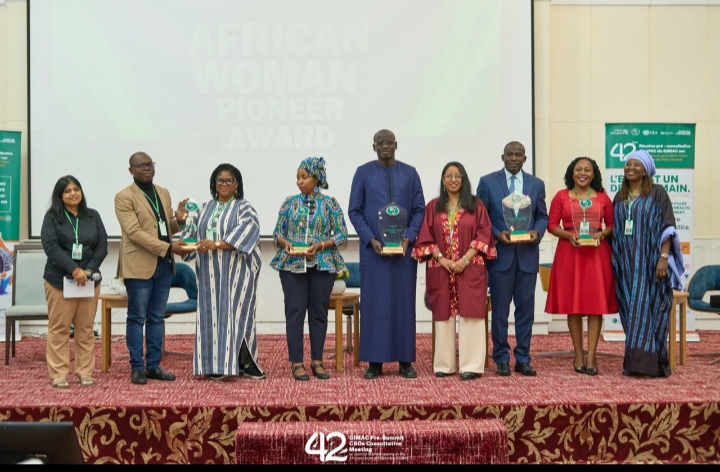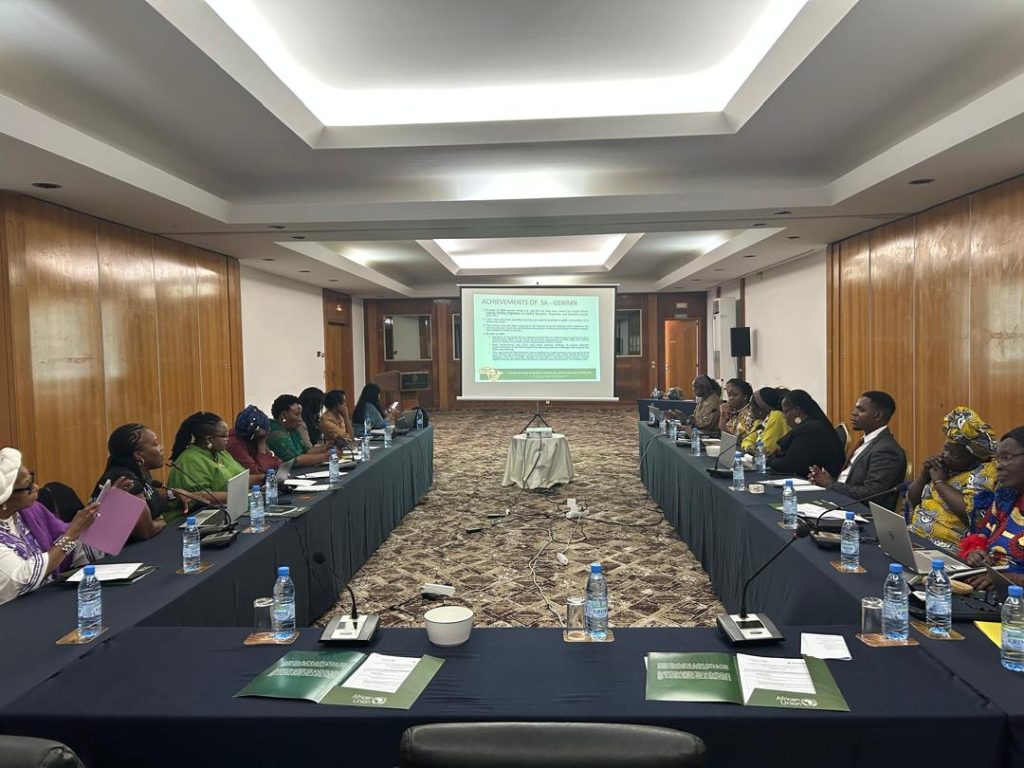The recruitment and deployment of civilian personnel for peace and security operations has largely been managed on an ad hoc basis with interested applicants applying directly in their personal capacity to the African Union Commission (AUC), resulting in numerous challenges related to the timely recruitment and deployment of these needed expert civilian personnel at short notice, hence, the need to better plan for and manage such deployments. In particular, there has been recognition of the need to develop a dedicated pool of trained civilian experts for deployment at very short notice in field missions. The expertise of this pool will be captured in the African Standby Capacity (ASC) roster.
Following an Integrated Human Resources and Database Training Course held in Nairobi, Kenya in March 2015, the African Union Peace Support Operations Division (AU PSOD) in close collaboration with Regional Economic Community (RECs) and Regional Mechanisms (RMs) finalised all components of the African Standby Capacity (ASC) roster. Completion of the first phases of the development of this tool paved way for the next phase of populating the roster by the Focal Points who are the operators and its usage as a capacity for peace and security operations deployments.
As such the ASC roster was launched and processes to populate it with the requisite experts were discussed in Addis Ababa, Ethiopia from 24-25 June 2015. The meeting aimed to (a) present the ASC roster to all stakeholders, (b) develop a common implementation plan for populating the roster and building the database, (c) develop broad key priorities for the ASC roster for 2015, and (d) facilitate networking among stakeholders. The roster Focal Points within the RECs/RMs will be responsible for populating the ASC roster with the collaboration and assistance of the AU. The next significant steps include the population of the ASC roster by the AU, RECs/RMs rostering Focal Points by using the available tools i.e. the roster and database; raising awareness through an outreach exercise to all the ASC Member States, Training Centres and Civil Society. Furthermore, addressing the challenges faced on rostering and training linkages still require further assistance by the AU. The AU and other stakeholders will continue supporting the REC/RMs in developing regional rostering strategies that will ensure Member States’ full participation and contribution.
While the roster system is a state of the art tool, its usefulness will depend on the quality of the qualified experts to be registered therein. To achieve this, the roster Focal Points will require extended institutional support in raising the awareness of the ASC roster at the Member State levels and the general public as this will subsequently contribute towards attracting experts who will have interest in working in peace and security field missions.
ACCORD’s TfP Programme was represented by the Peacekeeping Unit Coordinator, Brigadier General James Machakaire, and Ms Barbara Mohale, Programme Officer, Peacekeeping Unit.
This initiative is in line with the TfP Programme’s strategic goal of supporting efforts towards strengthening the AU’s capacity and capability to plan, manage and implement peace support operations on the continent through the development of the Africa Standby Force (ASF). This initiative also seeks to contribute to improved and sustainable capacity for peace operations on the continent, through ensuring effective functioning of organisational systems in the RECs/RMs.
The Training for Peace Programme at ACCORD is an initiative funded by the Norwegian Ministry of Foreign Affairs.

